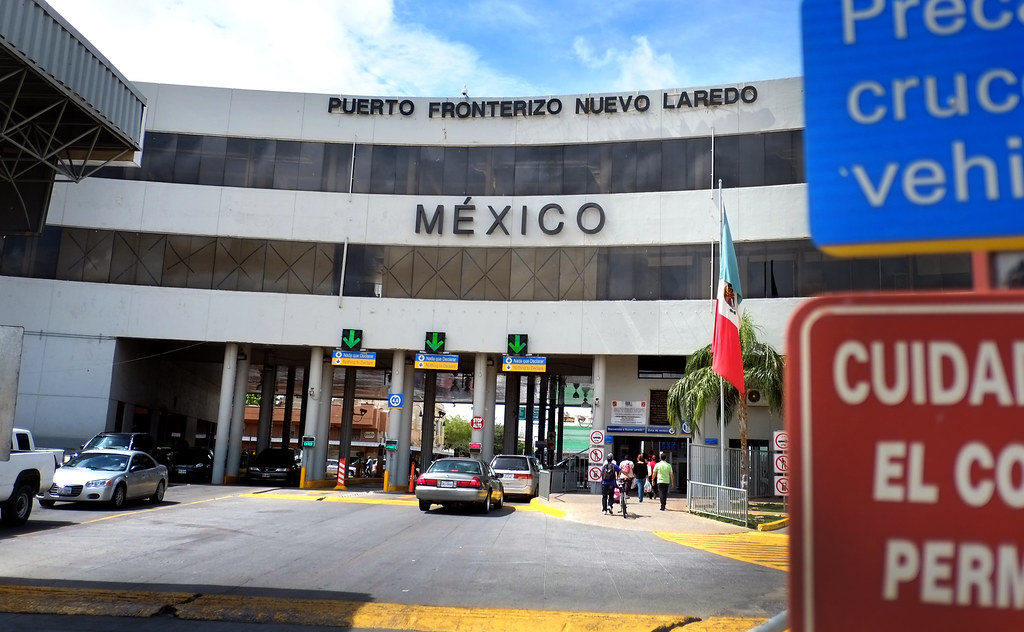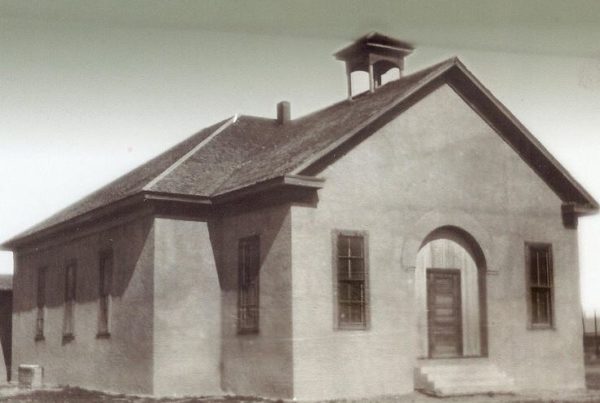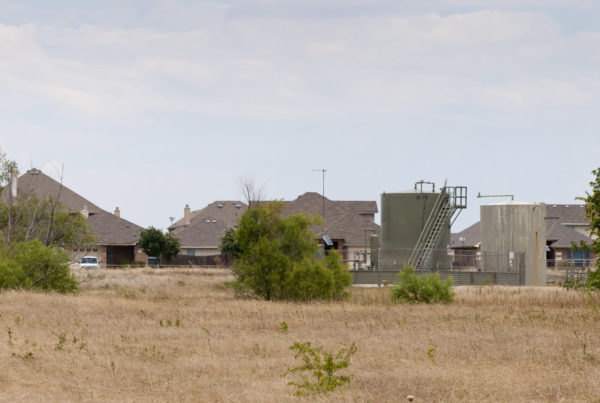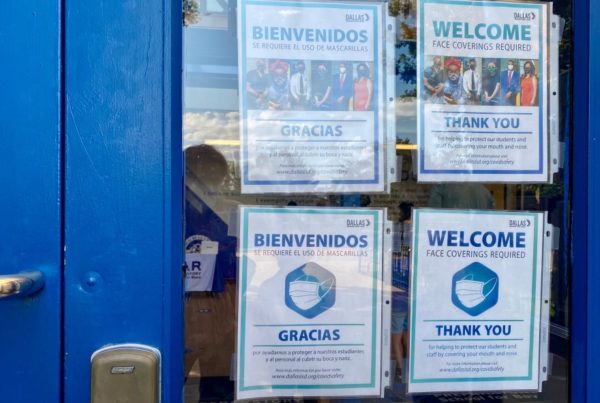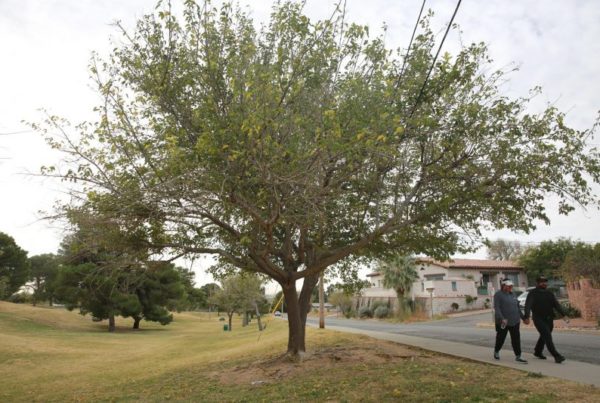Migrant Protection Protocols, or MPP, an immigration policy initiated by the Trump administration, has now been reinstated by the Biden administration. A federal court sided with Texas and Missouri, who sued the administration over the ending of the policy, also known as “Remain in Mexico,” after President Biden took office. Now, migrants seeking asylum at seven ports of entry, including four in Texas – El Paso, Eagle Pass, Laredo, and Brownsville – will have to wait on the other side of the border for their asylum cases to be processed.
KTEP News Director Angela Korchega tells Texas Standard that the Biden administration plans to make changes to the program so that asylum claims are processed more quickly than they were in years past. Listen to the interview in the audio player above or read the transcript below to learn more about how the Biden administration plans to retool the program, and what migrant advocates are saying about it.
This interview has been edited lightly for clarity.
Texas Standard: So has this Migrant Protection Protocol, also known as the “Remain in Mexico” program, gone back into place again?
Angela Kocherga: It will start on Monday. That’s what we’re hearing – through seven ports of entry or international bridges, and four of those are in Texas, right here in El Paso, Eagle Pass, Laredo and Brownsville. And there will be some key changes to address some of those humanitarian concerns you were talking about.
What kinds of changes?
So what we’re hearing [is] that the proceedings will generally be wrapped up within six months of the migrant being returned to Mexico – or migrants if it’s a family – and the migrants will have access and a right to communicate with lawyers; there will be more and better information for those enrolled in the program. The waiting list was such a haphazard thing. At one point it was being run by the migrants because they were policing it, afraid that, you know, corrupt officials would let people jump the line and particularly vulnerable individuals will not be part of the program.
That remains to be defined who is considered vulnerable. The U.S. will vaccinate the migrants who are returned to Mexico as part of MPP, and Mexico will provide work permits, health care and other services. Now, the other key thing is that Mexico and the U.S. will work closely to ensure that there will be safe shelters for those enrolled in the program and secure transportation from the ports of entry. Because a lot of these migrants became sitting ducks targeted by cartels and criminal groups once they were sent across the border.
The Biden administration had canceled this program, then Texas and Missouri – which is not a border state – sued to get it reinstated, and won. And now there’s been this back and forth between U.S. and Mexico officials, is that right?
Correct and reinstated. And of course, that’s the U.S. court system. Mexico has never had to comply with this, but has allowed the country to be turned into a giant waiting room for those seeking asylum in the U.S. So, there was some concern maybe this wouldn’t continue, but Mexico did agree to the terms, and will once again be taking these migrants. And again, these are not migrants from Mexico; these are people from other countries, primarily Central America.
So who actually has to wait on the other side of the border? Is it people awaiting asylum hearings? Or is it broader than that? I know some things also changed at the border because of the pandemic.
There’s two separate things going on. Title 42 is where anyone who crossed over the border in an undocumented way because they weren’t allowed through with the people seeking asylum were immediately sent back to Mexico, as a health measure. So that’s a separate thing. So everyone was being sent back.
Now, under MPP, certain people qualify. People want to apply for asylum and have to do a very basic interview at the beginning. Now these vulnerable people, we have to wait and see who – in the past it’s been families with very young children and people who are being persecuted, transgender people and such. So we don’t know at this point who else will qualify under this new quote, “improved version of MPP.”
The Biden administration had been relying a lot on third-party organizations to provide much of the support for those seeking asylum status in the United States. But many of those advocacy groups object strenuously to the Remain in Mexico program. What are what are you hearing from from those groups and from asylum-seekers?
Oh, very unhappy about this. So, quickly there was an outcry that the Biden administration had promised it would end this policy and others that they say lead to hardship and danger for migrants who have a right to seek asylum. The Hope Border Institute here, based in El Paso – a faith-based organization that works with migrants on both sides – said, you know, this is just going to lead to more problems for the migrants, and they actually went into shelters and interviewed some of the migrants in Juarez – primarily Central Americans – and they said that long-term solutions are needed to this because people are coming for real reasons, and telling them they have to wait in Mexico is going to make fewer of them come.
Has the Biden administration appealed, or is it looking at possible legal challenges against the reimplementation of this program?
The Biden administration has said once the court injunction is lifted, MPP will be terminated. It’s unclear what that next move will be, but there’s a lot of pressure to end it. The hope is that this new version with better protections will allow them to do this in a orderly, humane way. But, you know, we’re going to see if that commitment is kept, and clearly there will be people watching on both sides of the border.


